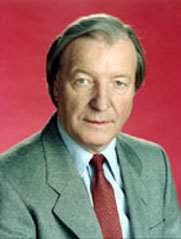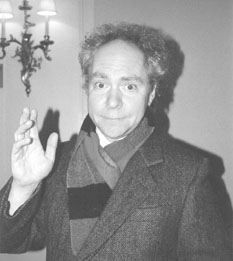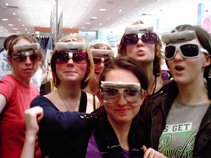
The summer film season is, by it’s very nature, a distracting force. Just remember our summer just gone; a veritable explosion of superheroes, car chases and giant robots. As we slipped into Autumn there came a handful of comedies headed by Seth Rogen, superficially different than the summer blockbusters but ultimately serving the same purpose, distracting people (in our case, a welcome diversion from the non-stop rain). There’s absolutely nothing wrong with setting out to make a film with the primary goal of entertaining people, but sometimes it’s more satisfying to make a film with something to chew on, a little moral ambiguity to get the brain cells churning. So, as the days get shorter and I get back into the routine of study, the cinema offerings get more serious, more literary, more intelligent. Basically, I’m in cinema heaven with the series of political thrillers and serious dramas like Breach, Rendition, A Mighty Heart and Michael Clayton either currently showing or on their way to the cinema.
Michael Clayton is the latest George Clooney vehicle showcasing his intelligence rather than his looks. It’s something I like about Clooney, that even in his most serious political roles he never seems preachy or even as if he’s grabbing for awards. He has a point to make and does so affably, it almost seems as if he isn’t really acting. In this respect, he’s the closest thing we have to a Cary Grant, somebody who just enters a film with enough self-confidence and charm to just be himself. As the eponymous character, a shady man who works as a “fixer” for a law firm, we never really get into the heart of his character, to discover what makes him tick. Personally, I was never quite sure what to make of him. In another setting this could be a problem, but in this case it suits the film perfectly, dealing as it does with lies and obsfucation.
Although Clooney is the film’s biggest sell, Tom Wilkinson delivers a standout performance as a corporate lawyer. His current client, a sinister multinational called UNorth, have murdered hundreds of farmers with a carcinogenic weed killer. Wilkinson eventually goes crazy and turns his back on his professiona duties after neglecting to take his manic-depression medication, a discomforting downward spiral of insanity. Part of Clooney’s job is convincing Wilkinson that his change of heart is a result of the resulting chemical imbalance, but to the viewer there is no doubt that it is the unbelievable guilt of compromising his morals day-in, day-out that has triggered the madness. The film’s best scene occurs with Wilkison, alone and raving in his apartment, playing UNorth’s advertising spot on repeat, the comforting words and images of small, multicultural children familiar to anyone who has ever winced at the friendly posturing of big businesses. The high-tech audio-visual equipment he uses have all been paid for with the blood of innocents, yet even this chilling scene never reaches the tense heights it could achieve. I have a feeling this is a deliberate move on the part of the director, the whole film is coated in a very slick, corporate feel which furthers the subject matter.
Bolstered by a fine supporting cast and a dense script, Michael Clayton is a head scratching treat. It won’t be for everyone, there’s little flashy or fun, and a quick glance on the IMDB boards show that many people consider it boring, but I thoroughly enjoyed it.























